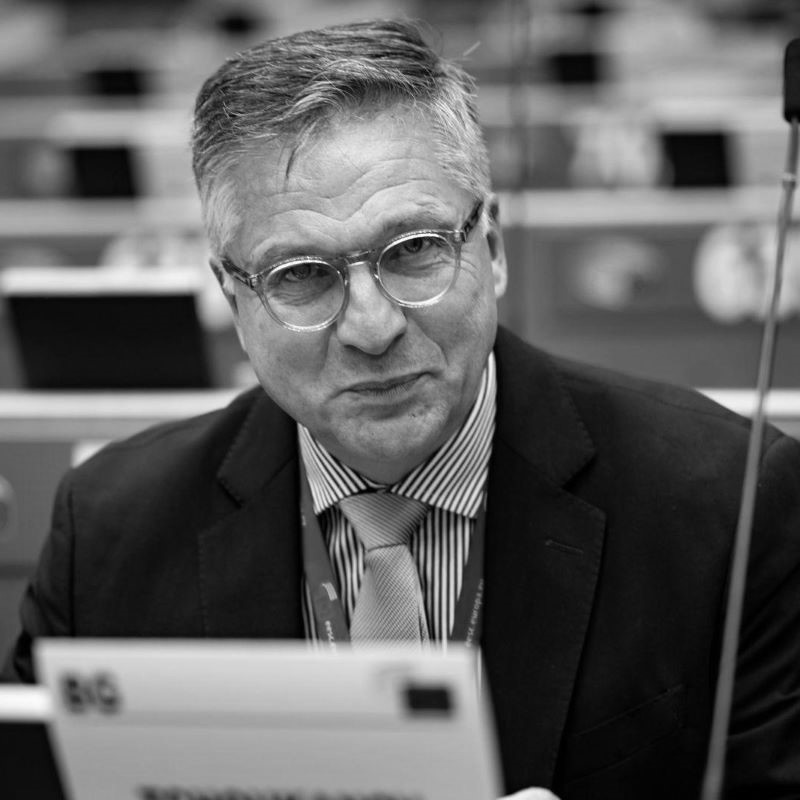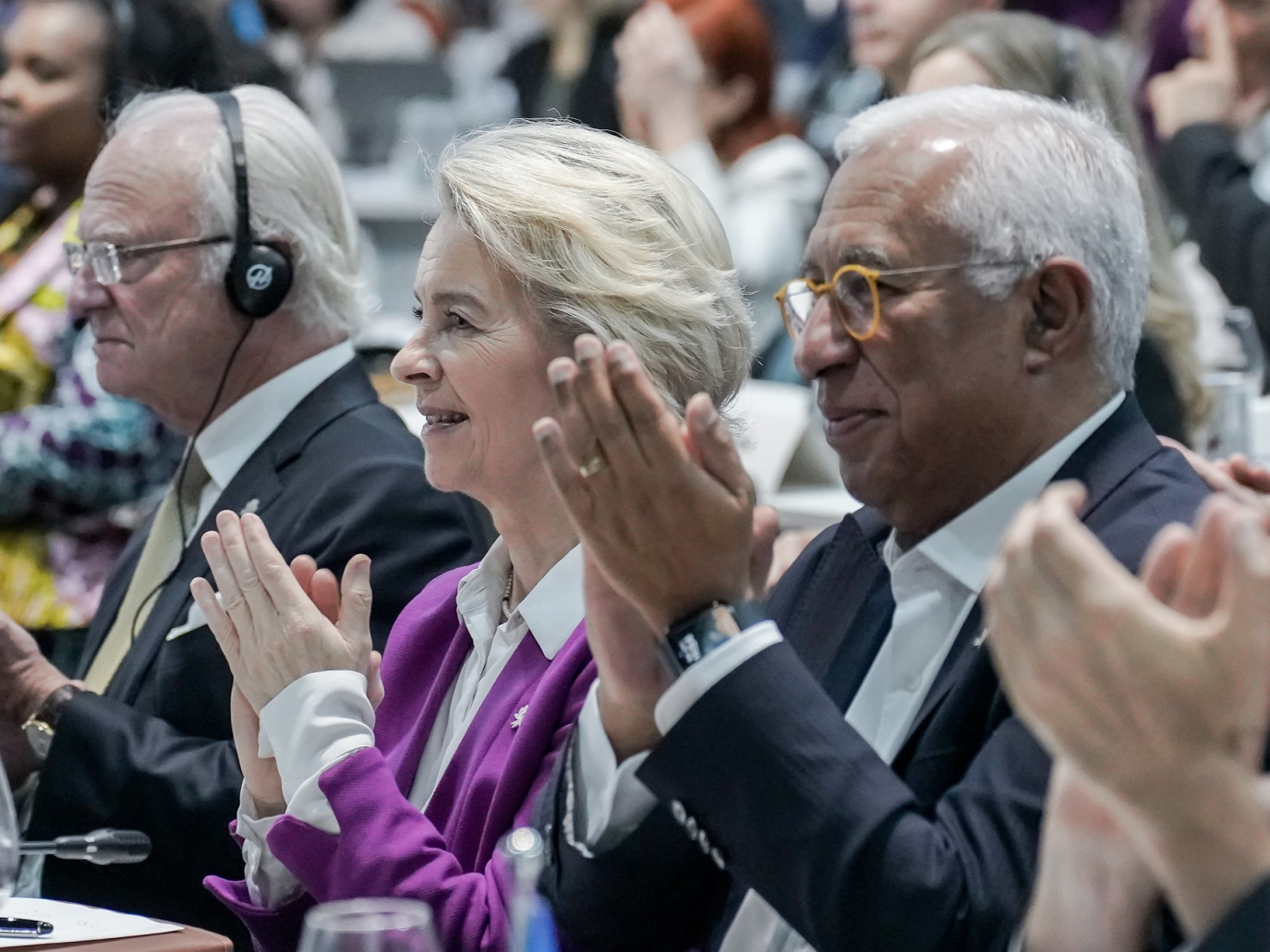
When world leaders meet this November in Belém, deep in the heart of the Amazon, for the 30th UN Climate Conference (COP30), they will stand at a crossroads. Ten years after the Paris Agreement, the era of pledges is over. The time for implementation for real, measurable change has arrived.
That COP30 will take place in the Amazon, the world’s largest and most vital ecosystem, is symbolically powerful. The Amazon breathes for the planet; its destruction suffocates us all. Hosting the conference there is both a recognition of the forest’s role in global climate stability and a reminder of the stark reality we face: healthy ecosystems are not a luxury, but the foundation of our survival.
At the European Economic and Social Committee (EESC) – the EU’s advisory body representing workers, employers, and civil society – we see daily how climate and biodiversity policies shape people’s lives. Within the NAT Section, we focus on agriculture, environment, and rural development areas where climate change and biodiversity loss are no longer abstract risks but lived realities.
But climate action cannot succeed in isolation from nature. As we prepare for COP30, the EESC has also contributed to the UN Biodiversity Conference of the Parties (COP16), calling for biodiversity to be placed at the forefront of global efforts. Biodiversity is not just about protecting wildlife; it sustains the ecosystems that provide food, water, jobs, and stability. Without it, our economies crumble. This is why the EESC advocates an integrated approach linking climate, agriculture, trade, and energy, to ensure that environmental, social, and economic goals advance together.
The connection between climate, nature, and human well-being lies at the heart of what we call the One Health approach. It recognises that human, animal, and environmental health are inseparable. As ecosystems decline, their ability to buffer disease and support livelihoods weakens. Restoring biodiversity and ecosystem health is therefore not just an environmental priority – it is essential to public health and long-term prosperity.
In that same spirit, the EESC sees regenerative agriculture as a cornerstone of this transformation. “We see regenerative agriculture as an opportunity to define a new positive narrative for European agriculture, one that is focused on what we are for: healthy soils, strong rural communities, and sustainable food systems,” I said in our recent opinion.
Regenerative agriculture is about outcomes, not ideology: measurable improvements in soil health, carbon storage, and rural well-being. The EESC calls for a common, results-based definition and urges the EU to recognise soil as a public good. We must equip farmers with the tools, incentives, and knowledge to adopt regenerative practices and ensure they are fairly rewarded for the environmental services they provide.
This focus on implementation, on turning words into verifiable progress, must define COP30. Governments will present their updated 2035 climate commitments, and the credibility of international climate diplomacy now depends on whether these commitments are backed by real action and adequate finance. The EU is not going to COP30 empty-handed. The updated Nationally Determined Contributions (NDC), agreed on 5 November, reiterates the EU's goal of achieving a 55 percent net reduction in greenhouse gas emissions by 2030. Based on this target, the NDC sets out an indicative reduction of between 66.25 percent and 72.5 percent by 2035, with the aim of achieving carbon neutrality by 2050.
The EESC, represented in the EU delegation, will continue to push for science-based action and a just transition. For years, we have argued that social justice and climate justice are inseparable. The shift to a carbon-neutral world must empower communities, not marginalise them.
But time is running out. Extreme weather, food insecurity, and displacement are already here. Every delay carries a human cost. COP30 must therefore be more than another summit, it must be the moment the world moves decisively from promises to implementation. The Paris Agreement lit the path. Now, in the Amazon, with people, soil, and nature at the centre, we must finally start walking it.
Stoyan Tchoukanov is President of the NAT Section of the European Economic and Social Committee (EESC), which focuses on agriculture, rural development, and environmental issues.
Cover: Photo by Rafa Neddermeyer/COP30



